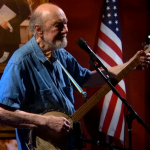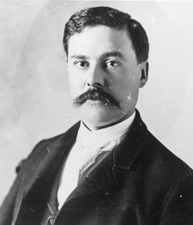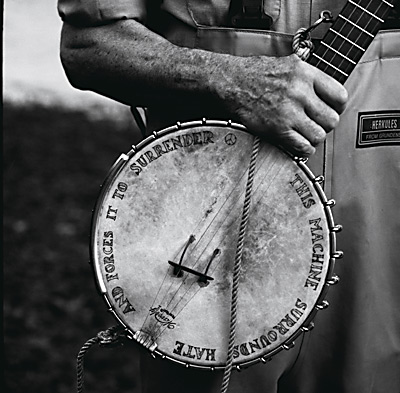I am working on a theological case against guns. Not so much for gun control, but against guns. My thinking keeps coming back to a recent appearance by Jeff McMahan on the podcast Philosophy Bites.
You can listen to the podcast here. Philosophy Bites can also be found on iTunes.
Take a listen. I would love to hear your thoughts.
McMahan makes a similar argument in more detail in the New York Times.
Gun advocates and criminals are allies in demanding that guns remain in private hands. They differ in how they want them distributed. Criminals want guns for themselves but not for their potential victims. Others want them for themselves but not for criminals. But while gun control can do a little to restrict access to guns by potential criminals, it can’t do much when guns are to be found in every other household. Either criminals and non-criminals will have them or neither will. Gun advocates prefer for both rather than neither to have them.
But, as with nuclear weapons, we would all be safer if no one had guns — or, rather, no one other than trained and legally constrained police officers. Domestic defense would then be conducted the way we conduct national defense. We no longer accept, as the authors of the now obsolete Second Amendment did, that “a well-regulated militia” is “necessary to the security of a free state.” Rather than leaving national defense to citizens’ militias, we now, for a variety of compelling reasons, cede the right of national defense to certain state-authorized professional institutions: the Army, Navy, and so on. We rightly trust these forces to protect us from external threats and not to become instruments of domestic repression. We could have the same trust in a police force designed to protect us from domestic threats.
A prohibition of private ownership would not mean that no one could shoot guns. Guns for target shooting could be rented under security arrangements at the range. And there’s perhaps scope for debate about private possession of single chamber shotguns for hunting.
Gun advocates will object that a prohibition of private gun ownership is an impossibility in the United States. But this is not an objection they can press in good faith, for the only reason that a legal prohibition could be impossible in a democratic state is that a majority oppose it. If gun advocates ceased to oppose it, a prohibition would be possible.
As I have mentioned before, I am completely re-thinking my view on guns. In many ways, what I am focusing on now (and will be sharing here) is how I will oppose guns and gun culture. McMahan is a philosopher who has written much on issues of life and violence. I find myself agreeing with his attitude towards guns. While I am not a Utilitarian, his argument represents the type of Utilitarian critique of extreme and detached "rights" rhetoric which makes Utilitarianism such a valuable moral voice. Bentham would be proud.











